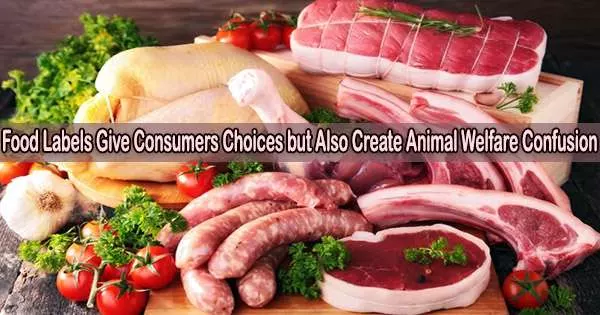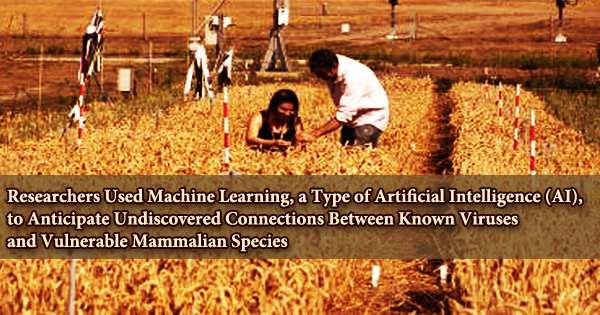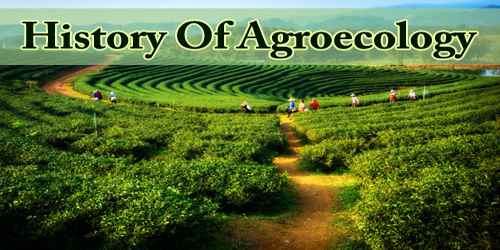Products made from animals for food are frequently labeled with a variety of terms, such as organic, natural, grass-fed, humanely raised, and pasture-raised.
“There’s some confusion about food labels related to animal welfare,” said Purdue University’s Marisa Erasmus, associate professor of animal sciences and a specialist in animal behavior and welfare. “It’s typically up to the consumer to do their homework and figure out what these different claims mean. Labels do provide consumers with a choice because, in theory, you can choose products that align with your personal and social values.”
Following the recently launched U.S. Department of Agriculture initiative to increase the reliability of animal-raising claims, Erasmus made his opinions. Erasmus and her coworkers will be keeping an eye out for any new paperwork that makers of animal foods are required to submit in support of label claims.
She stated that generally, producers must request approval from the Food Safety and Inspection Service of the USDA before making specific claims about their food items. Certain food labeling and claims on meat and poultry products are subject to FSIS regulation. Before a claim can be approved, certain producers must present supporting documents.
“One point of confusion is which claims are associated with animal welfare certification organizations that use third-party verification,” Erasmus said. “Producers that work with one of these organizations can put the latter’s seal on their products to indicate that the animals were raised according to certain standards. Typically, those standards are intended to offer higher animal welfare than what you would see with a conventional product. But a lot of consumers don’t necessarily know what these different seals mean. And the absence of a label claim does not mean that food animals were raised inhumanely.”
We definitely want to make sustainable, healthy choices. But just because an animal product has an organic label on it doesn’t always mean that animal had a better life than an animal that wasn’t raised organically.
Professor Marisa Erasmus
Other labels are less concerned with the welfare of the animals and more concerned with how consumers perceive the health advantages of a product.
“We definitely want to make sustainable, healthy choices,” Erasmus said. “But just because an animal product has an organic label on it doesn’t always mean that animal had a better life than an animal that wasn’t raised organically.”
The USDA regulates organics through the National Organic Program, which offers a label distinct from those provided by other sources.
The idea of “no antibiotics added” is another claim that can cause confusion.
“This label is confusing because antibiotics are occasionally used to treat live animals or prevent illness, but antibiotics are not added to meat products.”
There is a required withdrawal period if animals receive antibiotics at any point in their life. Before any goods from that animal are produced during that time, the antibiotics have a chance to leave the animal’s system.
Erasmus and her colleagues perform research that offers recommendations for the management and care of animals, and they collaborate closely with producers in Indiana and around the United States to support humane animal production techniques.
The July 2023 issue of Poultry Press includes additional information concerning labeling for animal feeding products from the Poultry Extension Collaborative.
















